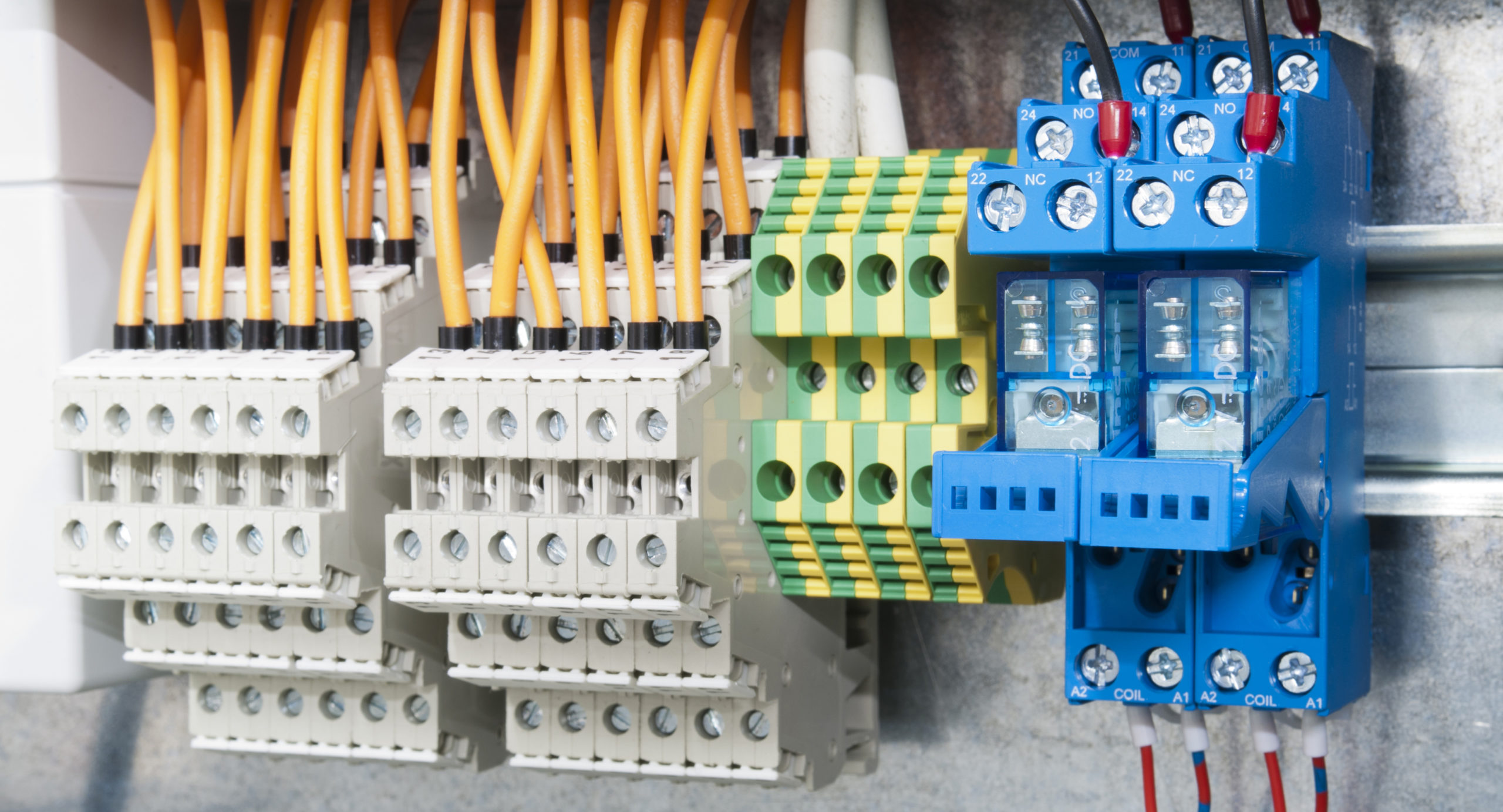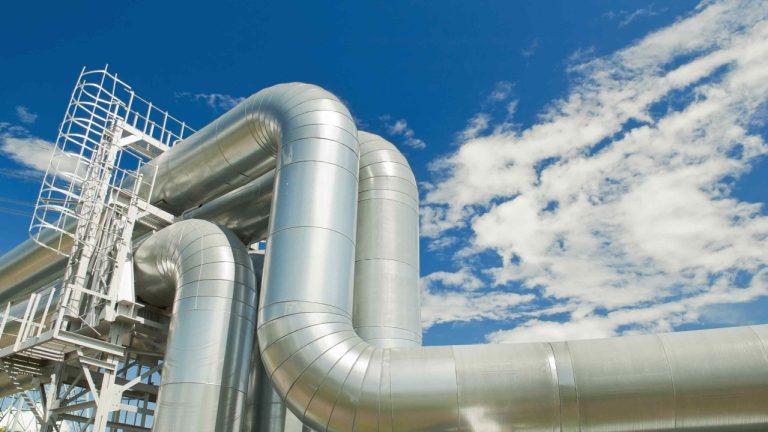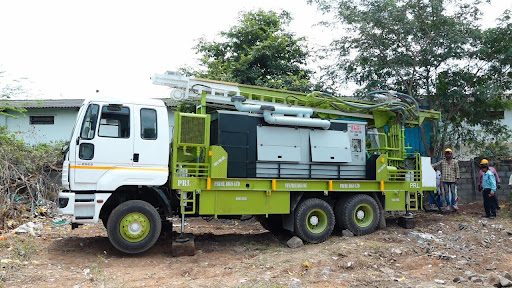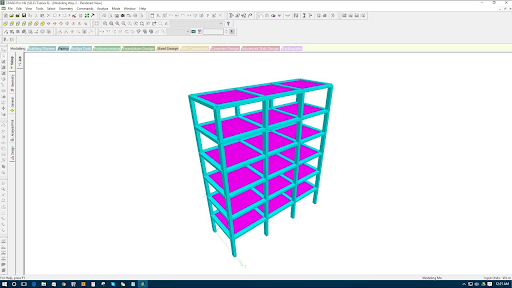Al Universal Terminal Block: Understanding Its Role in Electrical Connections

In modern electrical systems, secure and reliable connections are essential for safety and efficiency. Terminal blocks play a crucial role in this process by providing structured wiring solutions for various applications, from industrial automation to residential power distribution. One widely used type is the Al Universal Terminal Block, known for its durability, ease of installation, and compatibility with different wiring systems.
The Al Universal Terminal Block is designed to provide efficient electrical connections while ensuring safety and reliability. It is commonly used in control panels, switchboards, and distribution systems to connect wires securely and facilitate electrical flow.
What Is an Al Universal Terminal Block?
An Al Universal Terminal Block is a modular electrical connector that allows multiple wires to be connected within a circuit while maintaining proper insulation and organization. These terminal blocks are made of high-quality aluminum, providing excellent conductivity and resistance to environmental factors such as corrosion and temperature fluctuations.
Terminal blocks serve as an intermediary between various electrical components, ensuring stable and efficient connections. They help manage wiring in complex electrical systems, reducing the risk of loose connections, short circuits, and electrical failures.
Key Features of Al Universal Terminal Blocks
Al Universal Terminal Blocks are designed to enhance the performance and safety of electrical systems. Their key features include:
1. High Conductivity
Aluminum provides excellent electrical conductivity, ensuring minimal energy loss and efficient power transmission. This makes it ideal for industrial and commercial applications requiring stable connections.
2. Corrosion Resistance
One of the major advantages of aluminum terminal blocks is their resistance to corrosion. They can withstand harsh environmental conditions, making them suitable for outdoor and high-humidity applications.
3. Modular Design
These terminal blocks come in modular units, allowing easy expansion and customization. Users can add or remove connections as needed, making them highly versatile for different electrical setups.
4. Secure Wire Clamping
Al Universal Terminal Blocks feature strong clamping mechanisms, ensuring that wires remain securely in place. This reduces the risk of accidental disconnections or loose wires, which can cause system failures.
5. Insulated Housing
Most terminal blocks come with insulated housings made of high-quality plastic or composite materials, providing protection against electrical shocks and short circuits.
6. Easy Installation and Maintenance
These terminal blocks are designed for quick installation and require minimal maintenance. Their user-friendly design reduces wiring complexity, making them a preferred choice for electricians and engineers.
Applications of Al Universal Terminal Blocks
Due to their versatility, Al Universal Terminal Blocks are used across various industries. Some of the key applications include:
1. Industrial Control Panels
Terminal blocks play a crucial role in industrial automation systems, where they connect sensors, relays, and controllers. They ensure a structured wiring layout, improving system efficiency and troubleshooting ease.
2. Power Distribution Systems
In electrical distribution boards and switchgear, these terminal blocks help connect multiple circuits, ensuring stable and secure power distribution across different sections of a building or facility.
3. Renewable Energy Systems
Al Universal Terminal Blocks are widely used in solar power systems, wind turbines, and energy storage solutions. They provide a reliable means of connecting solar panels, batteries, and inverters for efficient energy management.
4. Building Electrical Installations
In commercial and residential buildings, terminal blocks facilitate electrical connections for lighting, HVAC (heating, ventilation, and air conditioning) systems, and security systems.
5. Automotive and Transportation Systems
The automotive industry relies on terminal blocks for vehicle wiring harnesses, battery connections, and control circuits in electric and hybrid vehicles. Their durability ensures long-term performance in challenging environments.
6. Telecommunications and Networking
In data centers and communication networks, terminal blocks help connect power supplies, networking equipment, and signal cables, ensuring seamless connectivity and operation.
Benefits of Using Al Universal Terminal Blocks
The use of Al Universal Terminal Blocks offers several advantages, making them an essential component in electrical systems.
1. Improved Safety
These terminal blocks help reduce the risk of electrical hazards such as short circuits, overheating, and accidental wire disconnections. Their insulated design and secure clamping mechanisms ensure safe operation.
2. Enhanced System Organization
By providing a structured and organized wiring solution, terminal blocks simplify complex electrical installations. This makes maintenance, troubleshooting, and modifications easier.
3. Cost-Effective Solution
Compared to traditional wiring methods, terminal blocks reduce labor costs and installation time. Their modular design also eliminates the need for additional connectors and splices, saving material costs.
4. High Durability and Longevity
Made from high-quality aluminum, these terminal blocks offer long-lasting performance even in demanding environments. Their corrosion-resistant properties make them suitable for outdoor and industrial use.
5. Easy Scalability
As electrical systems grow, additional terminal blocks can be easily integrated without requiring major modifications. This flexibility makes them ideal for expanding installations.
How to Choose the Right Al Universal Terminal Block
Selecting the right terminal block depends on several factors, including:
1. Current and Voltage Ratings
Ensure that the terminal block can handle the required electrical load. Overloading a terminal block can lead to overheating and failure.
2. Wire Size Compatibility
Choose a terminal block that supports the wire gauge you are using. Some blocks can accommodate multiple wire sizes, providing greater flexibility.
3. Mounting Type
Terminal blocks come in different mounting options, such as DIN rail-mounted, panel-mounted, and PCB-mounted. Select the mounting type that best fits your application.
4. Environmental Conditions
For outdoor or industrial environments, select terminal blocks with high resistance to moisture, temperature changes, and chemical exposure.
5. Certifications and Standards
Ensure that the terminal block meets industry standards such as UL, CE, or IEC certifications for safety and quality compliance.
Conclusion
Al Universal Terminal Blocks are an essential component in electrical and electronic systems, providing reliable and efficient connections for a wide range of applications. Their high conductivity, corrosion resistance, and secure wire clamping make them a preferred choice for industrial, commercial, and residential installations.
By understanding the types, applications, and benefits of these terminal blocks, users can make informed decisions when selecting the right solution for their electrical systems. Whether in power distribution, industrial automation, or renewable energy projects, Al Universal Terminal Blocks play a critical role in ensuring safe and effective electrical connections.






